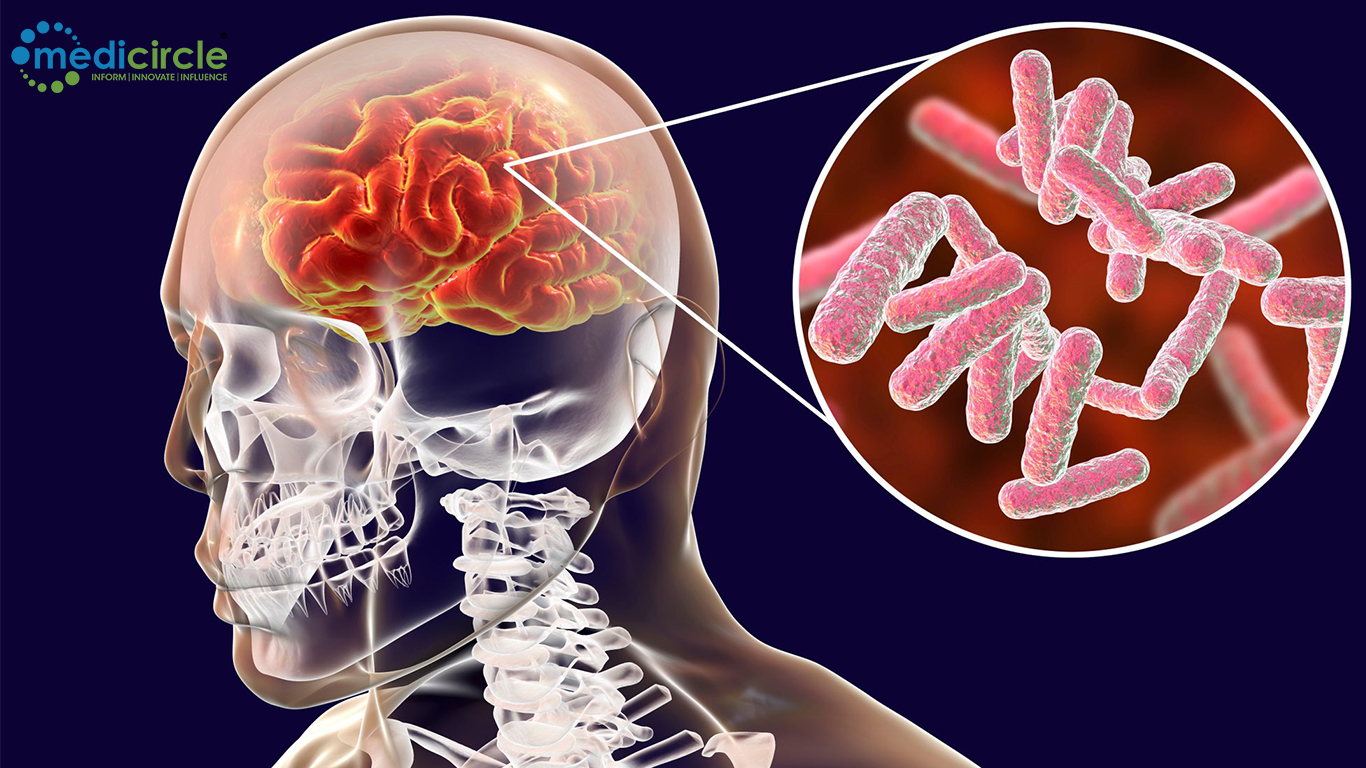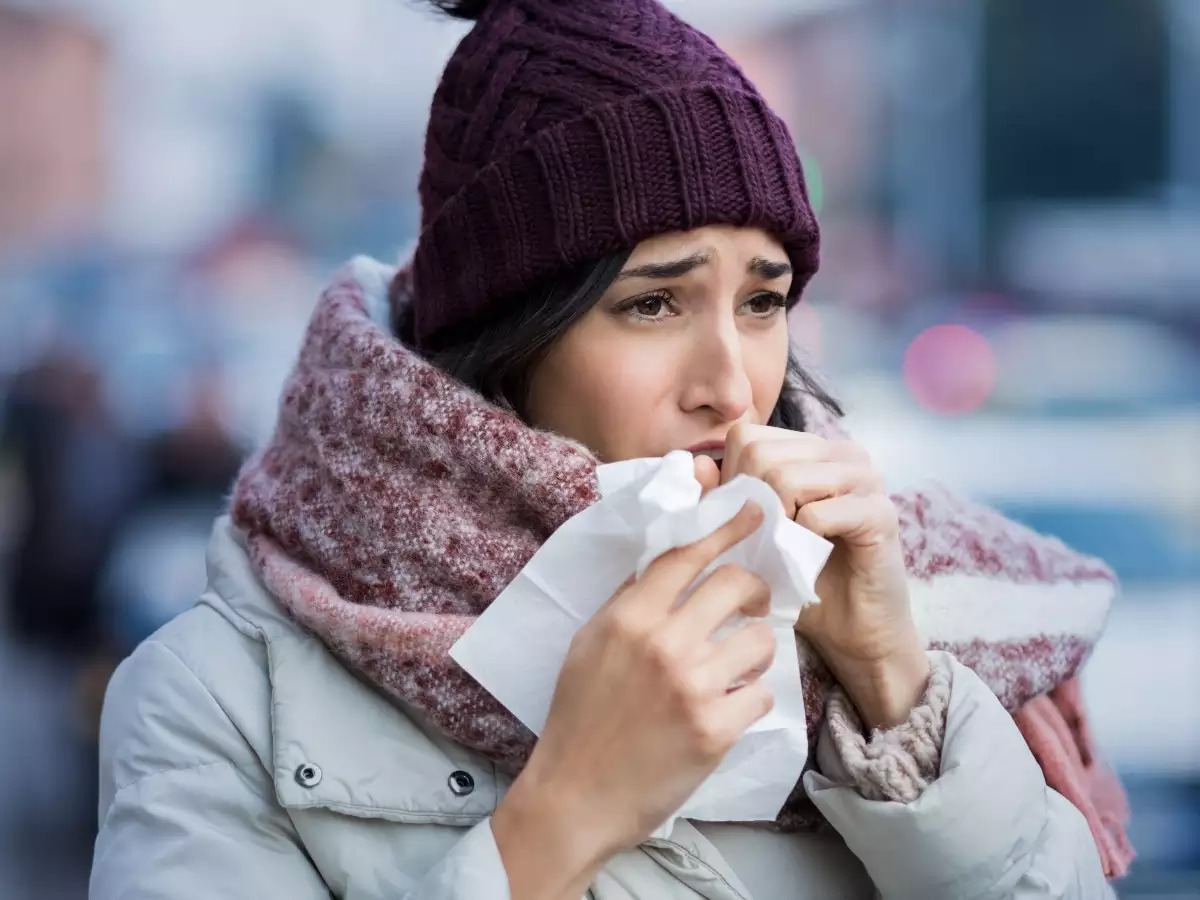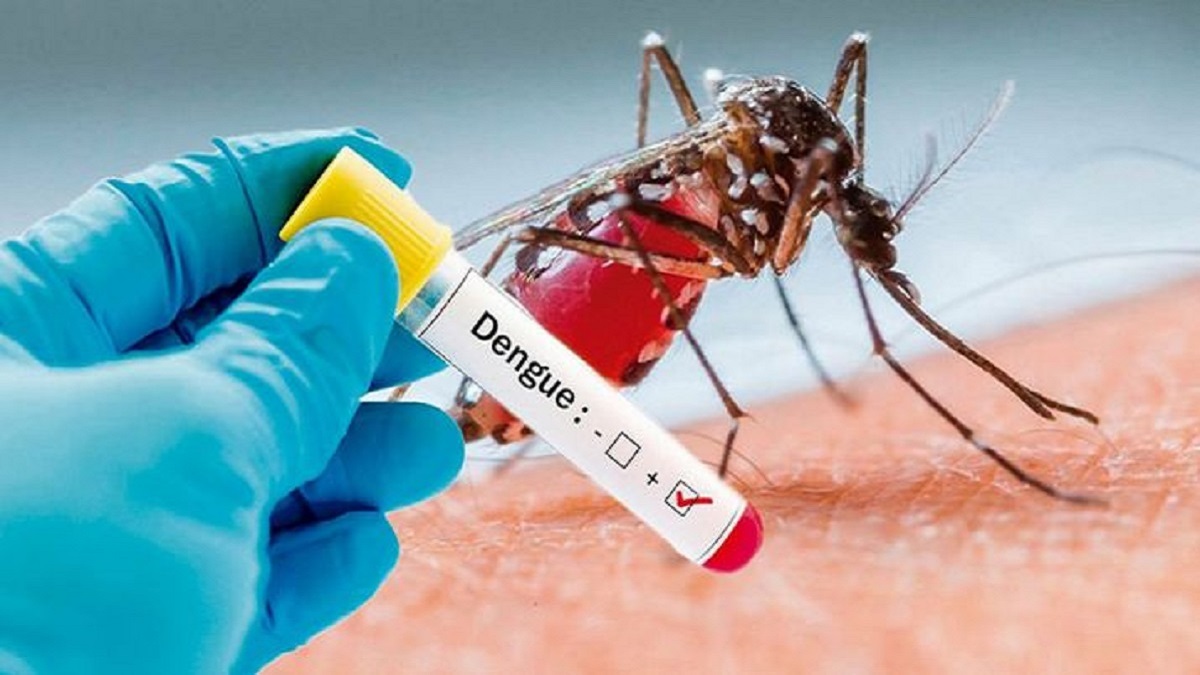Starving and skipping meals help in weight loss
It is not a sustainable weight-loss strategy. You can stay away from food only to a certain extent. Once you break, you tend to eat more than usual. This leads to the intake of excess calories. So instead, do eat at regular intervals. Ensure portion control while eating your meal and keep a check on the kind of food you are eating.
For better results, workout on an empty stomach
Working out on an empty stomach may lead to dizziness. This can be because of lower blood sugar levels. Therefore, it is best to eat something light and nutritious before going for a workout session like a banana, a bowl of oats.
Activities like using the stairs, walking, and standing more don’t make a difference
Everything counts when it comes to weight loss. These activities burn more calories than sitting in front of a TV or computer.
Cut on carbohydrates to lose weight
Carbohydrates are essential macronutrients needed to sustain life. The carbs can be good or bad. Bad carbs are processed and refined like white bread, refined grains, cakes, biscuits, etc. Brown rice, wholewheat bread, legumes, beans, and whole wheat pasta are examples of good carbs that are rich in fiber. These take a longer time to digest, thus keeping you feeling full for longer, thereby preventing you from overeating.
All fats are bad
Fats are considered unhealthy for our body and we all think that fat is the main reason behind our increase in weight. Just like carbs, fats can also be classified as good and bad. Good fats are essential for overall health. They help our nervous system, boost our skin health and build our cell walls. Avocado, walnuts, homemade ghee, coconut oil contain good fats. But they should be eaten in moderation.
Having the right weight as per your BMI can give you innumerable health benefits. But instead of jumping into supplements and products claiming rapid weight loss, it is best to opt for sustainable weight loss with proper consultation with Dietitian and Nutritionist.
Disclaimer: The content on this site is for informational purposes only, and should not be taken as professional medical advice. Always seek the guidance of your doctor or other health professionals for any questions you may have regarding your health or a medical condition.

 Weight management and maintaining a healthy body weight are essential for an active lifestyle. Here are some most common misconceptions about weight loss
Weight management and maintaining a healthy body weight are essential for an active lifestyle. Here are some most common misconceptions about weight loss




















.jpeg)



.jpg)




.jpg)





.jpeg)

.jpg)


